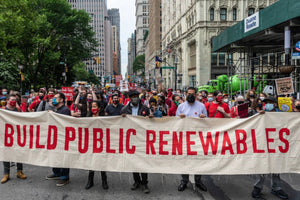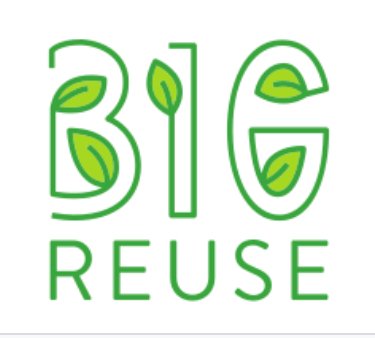On Tuesday night, New York passed a new budget which includes a natural gas ban and authorization for new public energy projects. While this policy positions New York as a leader among states working to reduce building emissions, natural gas bans are not a new idea. There are currently more than 106 cities and counties with policies requiring or encouraging the phasing out of fossil fuels in favor of all-electric homes and buildings. The city of New York has had a law in place since 2021 requiring newly constructed buildings to go all-electric by 2027. Under the new state law, new buildings less than seven stories must have all-electric heating and cooking by 2026, taller buildings must meet the same requirement by 2029. The ban is focused on residential buildings and makes exceptions for hospitals, restaurants and other specified commercial buildings.
According to research by the Department of Environmental Conservation, buildings are responsible for 32% of New York State’s planet-warming emissions. Given that buildings are a major contributor to the state's environmental footprint, this is a crucial step in reaching NY's goal of cutting natural gas emissions 40% by 2030.
Also included in the budget is the Build Public Renewables Act (BPRA). This law directs the New York Power Authority (NYPA) to build and operate new renewable energy projects. The NYPA is the state's public power provider and the largest state public utility in the US. Under the new law the NYPA will be required to generate all of its electricity from renewables by 2030. Currently, more than 80% of the electricity the NYPA generates comes from hydropower. To meet the new goal, the NYPA will have to shut down its six natural gas-fired plants by 2030 and replace them with renewable energy systems. The BPRA also marks a major shift away from privately owned utilities and toward public ownership of clean energy.
Climate advocates see the passage of the BPRA as the culmination of years of organizing. They believe it will allow energy systems to be governed in a way that best benefits the public and the environment. Advocacy groups including Public Power NY, Food & Water Watch, and the Sane Energy Project are continuing to organize to expand public renewables and clean energy.

